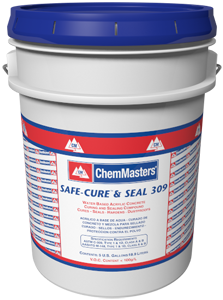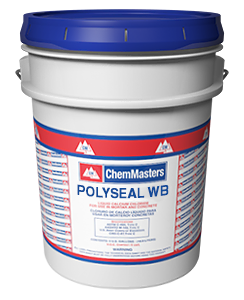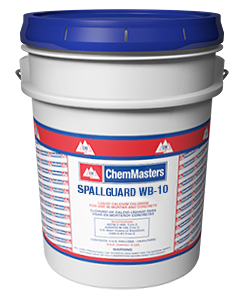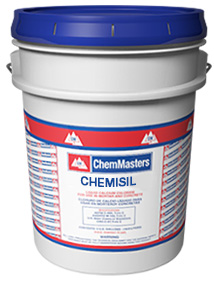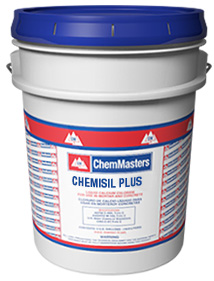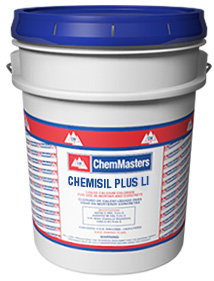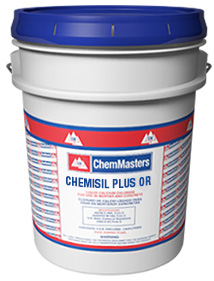Seal the Deal is intended to be an informative and educational publication for ChemMasters’ network of independent manufacturer’s representatives, distributors and contractors. We don’t want to make you chemical engineers, but we do want to help you feel better informed and more comfortable discussing construction chemicals. If there are specific products or topics you would like to see addressed in a future issue, please contact
John Fauth.
Safety

Sometimes the obvious doesn't seem so obvious, and one such situation involves the indoor use of concrete sealers.
Concrete sealers can be categorized and compared in many different ways. One of those ways is solvent-based vs. water-based. Solvent-based products use a variety of industrial solvents to formulate a rollable, sprayable liquid while water-based products use water in place of
solvents. Pretty straight forward. As you can imagine, water and solvent-based products have different characteristics and hazards. And as it relates to use indoors (or even in confined areas outdoors), those hazards can have serious consequences.
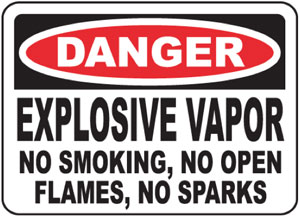
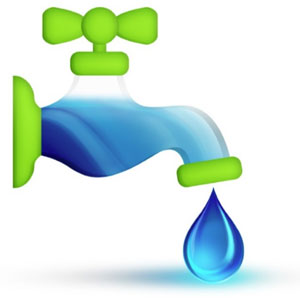
Use water-based products indoors.
Both solvent-based sealers and water-based sealers cure as the solvent or water evaporates and the coating hardens. Evaporating water increases humidity with no impact on safety or health. But evaporating industrial solvents can accumulate in confined areas, becoming an exposure
and/or inhalation hazard.
Inhaled solvents pose a health hazard, and are absorbed into wood, drywall, and fabrics such as upholstery, carpeting and curtains. The odor can persist for many days or weeks.
Those solvent-based products are also flammable, and the fumes can be explosive if exposed to common household/indoor sources of ignition. Lights, switches, furnace and water heater pilot lights… even cell phones… can all ignite concentrated airborne solvent fumes.
Those fumes can be heavier than air, and travel considerable distances. As a consequence, no solvent-based cures, treatments, sealers or cure & sealing products are recommended for use indoors or in confined areas outdoors. For those applications, ChemMasters offers a selection
of safe water-based products. Our technical department can be reached at 1-800-486-7866 to help you make a safe selection.
Popular ChemMasters Water-Based Film Formers:
Economical Indoor Concrete Cure & Seal
water emulsion, styrene acrylate copolymer compound
Pure Acrylic Non-Yellowing
concrete cure and seal
Popular ChemMasters Water-Based Penetrating Treatments:
Penetrating Siloxane Low-VOC
Water-Based Concrete Sealer & Waterproofer
Chemisil is a clear, water based liquid chemical floor
hardener which reacts with the free lime and calcium
carbonate in concrete. It fills and seals the pores and
capillaries to harden and dustproof surfaces.
Chemisil Plus is a chemically reactive solution of sodium silicate with added potassium methyl siliconate and proprietary components.
Chemisil Plus Li changes the chemical composition of treated surfaces filling the pores and capillaries of the concrete matrix with a hard dense gel.
Chemisil Plus OR in combination with Chemisil Plus provides added oil and grease resistance to a chemically
reactive system which changes the chemical composition of treated surfaces
by filling the pores and capillaries of the concrete matrix with a hard dense
gel.
Seal the Deal is intended to be an informative and educational publication for ChemMasters’ network of independent manufacturer’s representatives, distributors and contractors. We don’t want to make you chemical engineers, but we do want to help you feel better informed and more comfortable discussing construction chemicals. If there are specific products or topics you would like to see addressed in a future issue, please contact
John Fauth.

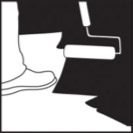 Seal the Deal
Seal the Deal


